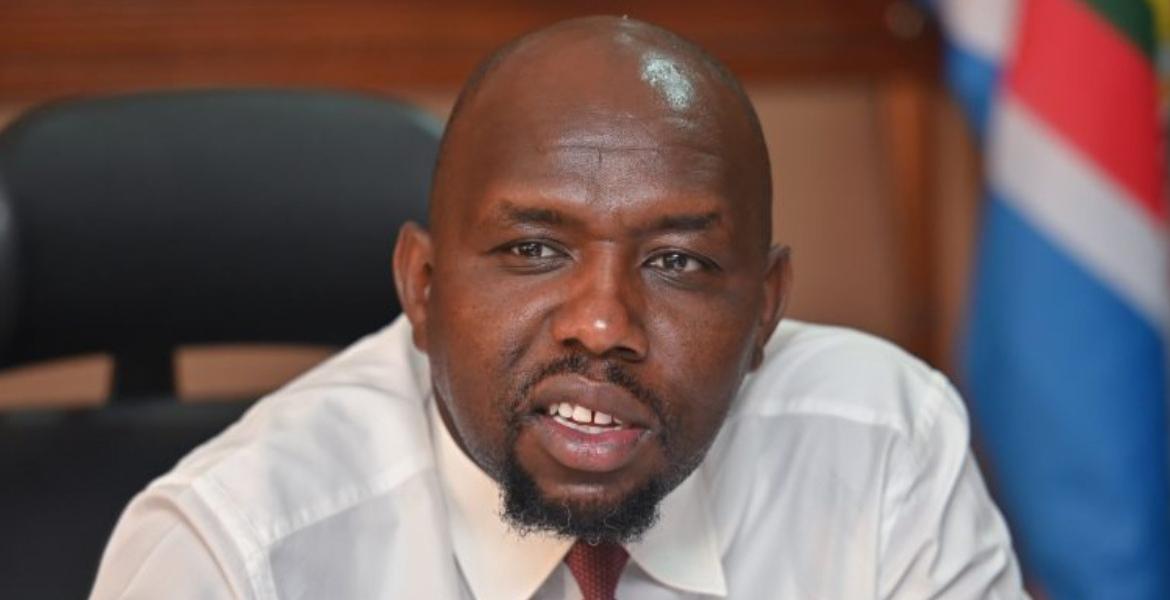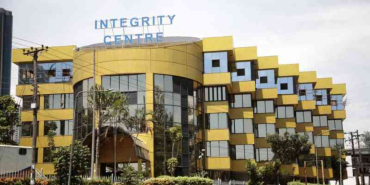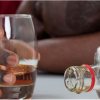New Nacada Alcohol Rules Spark Nationwide Backlash

A contentious national alcohol policy, proposing stringent restrictions on the sale and consumption of alcoholic beverages, has triggered a fierce backlash from Kenya's alcohol industry, which fears significant economic repercussions.
The proposed regulations, outlined in the National Policy for the Prevention, Management and Control of Alcohol, Drugs and Substance Abuse (2025), include raising the legal drinking age from 18 to 21 and prohibiting alcohol sales in supermarkets, online platforms and public transport. The government, led by Interior Cabinet Secretary Kipchumba Murkomen, and the National Authority for the Campaign Against Alcohol and Drug Abuse (Nacada), frame the policy as a necessary measure to combat rising substance abuse, particularly among young people.
Murkomen, at the policy's unveiling, cited "alarming statistics on underage drinking and the proliferation of illicit alcohol" as justification for the intervention, emphasising the need to avert a national crisis.
The alcohol industry, however, vehemently opposes the proposed restrictions. Industry representatives, including the Pubs, Entertainment and Restaurants Association of Kenya (Perak), the Alcoholic Beverages Association of Kenya (Abak), and the Retail Trade Association of Kenya (Retrak), express concern over the lack of meaningful consultation during the policy's formulation. Perak Chairman Michael Muthami voices strong criticism, arguing that the policy unfairly targets legitimate businesses.
"They're burning the house to kill the rat," he said, warning that the proposed changes could jeopardise over 1.3 million jobs across the alcohol value chain, spanning farming, distribution, manufacturing and hospitality.
Muthami further questions the logic behind increasing the drinking age, branding it "false morality", and challenged the ban on online alcohol sales, which he believes are crucial for future commercial growth. The potential economic impact is considerable. Jaza Discounter Supermarkets founder Willy Kimani highlights that alcohol sales account for as much as 14 percent of the retailer's total revenue.
He note that supermarkets adhere to stringent compliance standards and predicted operational disruptions if the proposed bans were implemented, particularly given existing supplier contracts and inventory levels. East African Breweries PLC (EABL), a major regional alcohol producer, is concerned about the potential disruption to its e-commerce operations, developed since the COVID-19 pandemic. The company also cites the potential impact of the age restriction on employment, specifically for workers aged 18 to 21, and warns the policy could inadvertently push consumers towards unregulated illicit alcohol markets.
In response to the industry's concerns, Nacada clarifies that the policy is a strategic framework and not yet law, intending to guide future legislative reforms. CEO Anthony Omerikwa says that the proposals are subject to legal and regulatory review and that public engagement will be central to the next phase of implementation. Omerikwa characterises it as "a roadmap for change, not an immediate enforcement tool."
Despite these assurances, the proposed restrictions remain broad. The policy seeks to ban alcohol sales in a range of venues, including supermarkets, restaurants, public beaches, recreational facilities, toy shops, and residential areas. It also targets consumption in restaurants, clubs and events attended by children, or where adults are accompanied by minors. Online sales, vending machines and home deliveries are similarly targeted for prohibition.
Further measures outlined in the policy include a mandatory 300-metre buffer zone between alcohol outlets and educational institutions and stricter licensing requirements. Only the national government would be authorised to license manufacturers and importers, and retail outlets would have to demonstrate full tax compliance to maintain their licences.
Advertising and promotion of alcohol are also facing increased scrutiny. The policy proposes to ban celebrity endorsements and restrict marketing aimed at individuals under 21. It also seeks to prohibit alcohol-related businesses from sponsoring sports teams or events, and outdoor advertising near schools and residential areas would be curtailed.
The government maintains that the policy was developed through an inclusive process involving civil society, faith-based organisations and public institutions. However, industry representatives dispute this, claiming their exclusion undermines the legitimacy and practicality of the proposed reforms.
The country has long struggled with the social costs of alcohol abuse, including addiction, domestic violence and reduced productivity. However, previous attempts at reform have often faltered due to resistance from business interests and challenges in enforcement.








Add new comment